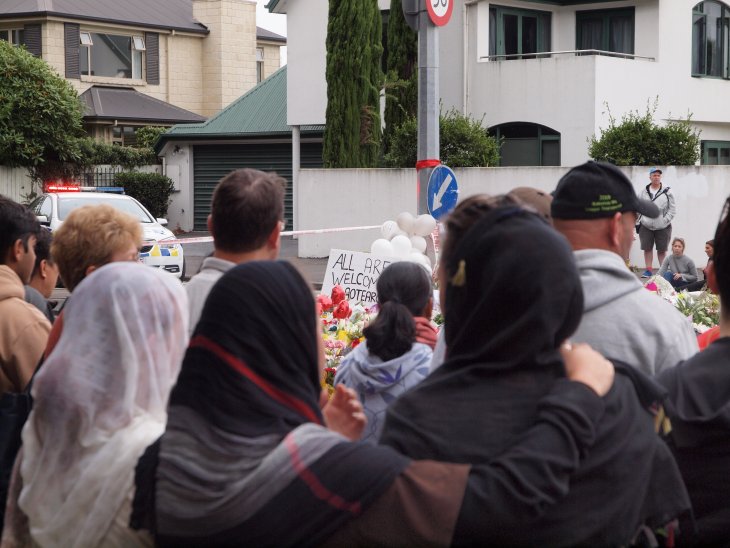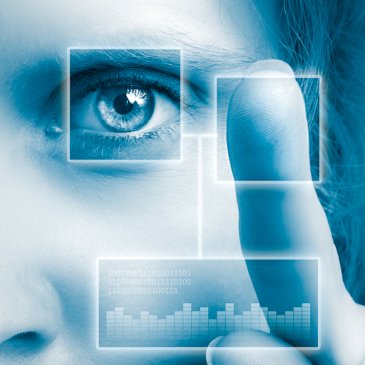The Human Security Link The sustainability of cities depends on the human security of new migrant populations. Human security, in this context, means the ability and real prospect of living a meaningful life. A shorthand for human security is ‘freedom from want and freedom from fear’. Many migrant populations globally face significant insecurity in their… Read more »
Israel and the UN – a Relationship on Israel’s Terms
It is claimed that the UN created Israel. This is only true subject to major reservations, and the relationship between the two is extremely complicated.
On 14 May 2018, Israel celebrated its 70th anniversary, and in May this year it will be 70 years since the country became a member of the United Nations.
These coinciding dates do not change the fact that throughout its existence Israel has had a very ambivalent relationship with the UN. The country’s first prime minister, David Ben-Gurion, often used the condescending phrase “Oom-shmoom” to refer to the international organization. The problematic relationship continues to this day.

On May 11, 1949 the UN General Assembly votes 37 to 12, with 9 abstentions, to admit Israel as a member state, making it the 59th member of the United Nations.
We see this clearly when Israel on the one hand claims that UN organs such as the Human Rights Council and the General Assembly are virulently anti-Israeli, while on the other hand benefiting from the virtually automatic American veto of resolutions criticizing Israel in the Security Council.
Another example is Israel’s attitude to UNESCO. On the one hand, Israel announced its withdrawal from UNESCO in 2017, but the country continues to benefit from having nine places on UNESCO’s list of World Heritage Sites.
A third example is how Israel has benefited time and time again from the presence of UN peacekeeping forces on the other side of its border – in Gaza, Sinai, Lebanon and Syria – while at the same time consistently refusing to accept the stationing of UN forces in Israel.Read More
This Week in South Sudan – Week 12
Monday 18 March The Defence Ministries of Sudan and South Sudan agreed to demilitarise the disputed common borders by the next month. IGAD Special Envoy for South Sudan, Ismail Wais, said that the formation of a new unity government is facing key obstacles. The revitalised peace agreement is already behind schedule and a unified army… Read more »
The Invisible Obstacles for Women
New research reveals why and how women’s achievements are devalued compared to men’s, and how this damages women’s career paths.

Longo Lab in the UC Davis College of Engineering Department of Chemical Engineering. Photo: Reeta Asmai/UC Davis
This is Not Us – and Yet it is Us: Why Gendered Analysis of Terrorism is Sorely Needed

Women in veils console each other in front of a sign that reads “All are welcome in Aotearoa” (Aotearoa being the Maori name for New Zealand) at the Deans Ave floral tribute to the victims of the March 15th terror attacks. Photo: James Dann via Wikimedia Commons.
Known as one of the safest and most isolated countries in the world, New Zealand has experienced its darkest day, a terrorist attack perpetrated by a lone gunman against Muslim citizens in Christchurch in two mosques during Friday prayers. For us, in this antipodean part of the world, it is our 9/11 reckoning.
‘This is not us,’ is the resounding response across New Zealand (NZ) since the March 15th attack.
And yet this is us. While the gunman was an Australian born citizen – and much is being made of this in both NZ and Australia – he was able to live in and plan his attack as a resident of Dunedin, a city that is a five-hour drive to the south of Christchurch. He was able to procure his gun license in November 2017, practice his shooting techniques at the local rifle club and purchase successive weapons online from the Christchurch store, Gun City. He converted one of his purchases into a semi-automatic weapon.
As Kiwi journalist Steve Braunias writes, it would be false to describe this event as New Zealand’s end of innocence.
This Week in South Sudan – Week 11
Monday 11 March In cooperation with the Ministry of Petroleum, the Oranto Petroleum company announced that they will be financing an educational program in Yirol, Lakes, reaching approximately 60 000 children. Wednesday 13 March After talks with the IGAD special envoy, the South Sudan United Front, with its leader Paul Malong, is ready to become… Read more »
New Report on the Societal Ethics of Biometric Technologies

Photo: Leszek Leszczynski / CC BY @ Flickr
Biometric technologies are rapidly becoming integral to the governance of populations world-wide. Contemporary societies are networked by advanced biometric technologies of identity management that were inconceivable just a couple of decades ago.
A report by Nina Boy, Elida K.U. Jacobsen and Kristoffer Lidén addresses the widespread ethical issues raised by the increasing use of biometric technologies. It concentrates on the social and political effects of novel governmental schemes of policing, surveillance and identity management that combine biometric information with cloud based computing and the automated analysis of big data.
Securitizing the Muslim Brotherhood, legitimizing state violence and renewing authoritarianism in post-Arab Spring Egypt
On 14 August 2013, we watched televised news in horror as Egyptian security forces brutally attacked largely peaceful sit-ins of Muslim Brotherhood supporters protesting against the removal of Egypt’s first democratically elected president, Mohamed Morsi. In just 12 hours, the state’s use of live ammunition, snipers, armoured vehicles and bulldozers led to the deaths of… Read more »
This Week in South Sudan – Week 10
Monday 4 March Ethiopian President Abiy Ahmed and Eritrean President Isaiaas Afwerki visited South Sudan to discuss the way forward for the revitalised peace agreement with President Salva Kiir. IGAD invited the leader of South Sudan United Front (SSUF), General Paul Malong for a meeting to discuss the implementation of the revitalised peace agreement. The… Read more »
Stepping into the haunted house? Two challenges when slowing down critique
A world without the need for critique is unthinkable. And yet, Critical Security Studies (CSS) have learned that critique is a difficult and far from self-evident exercise. The Security Dialogue 50th anniversary issue builds on this legacy and addresses, once again, the specter of critique. It is an attempt to give words to the messy… Read more »